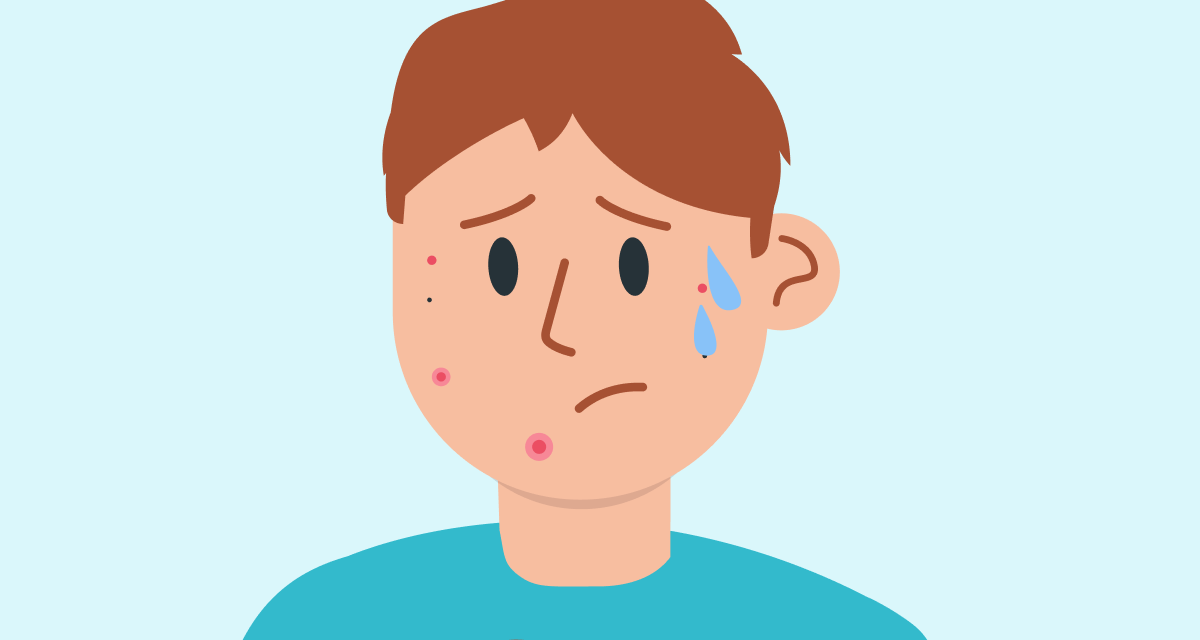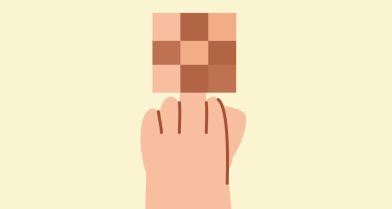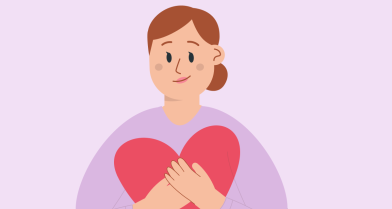Your 10–13-Year-Old Son: What to Expect

The years between childhood and the teenage stage aren’t a crisis—they’re a time of growth. Boys go through many changes between ages 10 and 13, and it’s not always easy for parents to see these shifts as part of healthy development.
What’s Happening with Boys at This Age
Pre-adolescence is the beginning of growing up. Boys start to grow taller, gain weight, experience voice changes, increased sweating, breakouts, and body hair growth. For some, these changes happen quickly. For others, they unfold gradually. Both are completely normal.
Their inner world shifts, too. A boy may become more sensitive or self-critical, pull away from parents, or start searching for his own opinion. New interests emerge, and spending time with friends—or alone—may start to feel more important.
What Parents Often Worry About
It’s easy to get concerned when your son suddenly seems withdrawn, irritable, or uninterested in things he used to enjoy, especially if this is a big change from how he was before.
Here are some common concerns parents have:
- Mood swings, sensitivity, irritability
- Emotional distance or less communication
- Increased screen time, less interest in school
- Discomfort with body changes or appearance
- Low self-esteem or anxiety
It’s important to remember: most of these shifts are a natural part of growing up and are not signs that something’s wrong.
How to Support Your Son Through This Time
Even if your son acts like he’s got it all under control, your support matters now more than ever. Calm, steady, caring attention helps him feel grounded and safe as he figures himself out.
A few things that really help:
- Speak gently and stay present, even if he pulls away.
- Ask “How are you?” without pressure—this small question can mean a lot.
- Respect his need for privacy and alone time.
- Talk about puberty openly and without judgment. Books or resources can help ease the conversation.
- Make sure he’s getting enough sleep, good food, and physical activity.
- Support his confidence—recognize his effort, not just results.
If your son becomes very withdrawn or seems deeply distressed, consider reaching out to a mental health professional.
What Science Tells Us
⠀
Researchers have long studied how children’s brains change during the pre-teen years. Here are a few key insights:
⠀
• The brain is rapidly changing. Between ages 10 and 13, the prefrontal cortex — responsible for impulse control and planning — undergoes big changes. This can make it harder for boys to stay focused or manage impulses.
⠀
• Boys become more sensitive to facial expressions. During early puberty, the brain becomes more reactive to emotions, especially signs of disapproval or embarrassment. That’s why they might seem more sensitive or withdrawn.
⠀
• Peer approval becomes crucial. Boys in this age group are especially vulnerable to feeling rejected. Brain scans show that social rejection activates the same areas as physical pain. A supportive home environment helps them navigate this stage.
⠀
• Saying “no” isn’t easy for everyone. Some kids have a harder time resisting peer pressure. The way the brain processes emotions can affect risk-taking, which is why some boys seem more independent, while others follow the crowd.
What your son is going through between 10 and 13 isn’t a breakdown—it’s growth. Even if it feels like he’s pulling away, your presence is still his anchor. And he feels that, even if he doesn’t say it out loud.
References:
- The 5 Stages of Puberty in Boys, Parents, 2024
- The Age of the Child: Evolution of Parental Responsibilities, Department of Justice Canada, 2021
- Parenting pre-teens: A pivotal time for children and parents, Australian Institute of Family Studies, 2018
- Preadolescent and Adolescent Influences on Health, NCBI, 2012
Проверьте электронный ящик



















